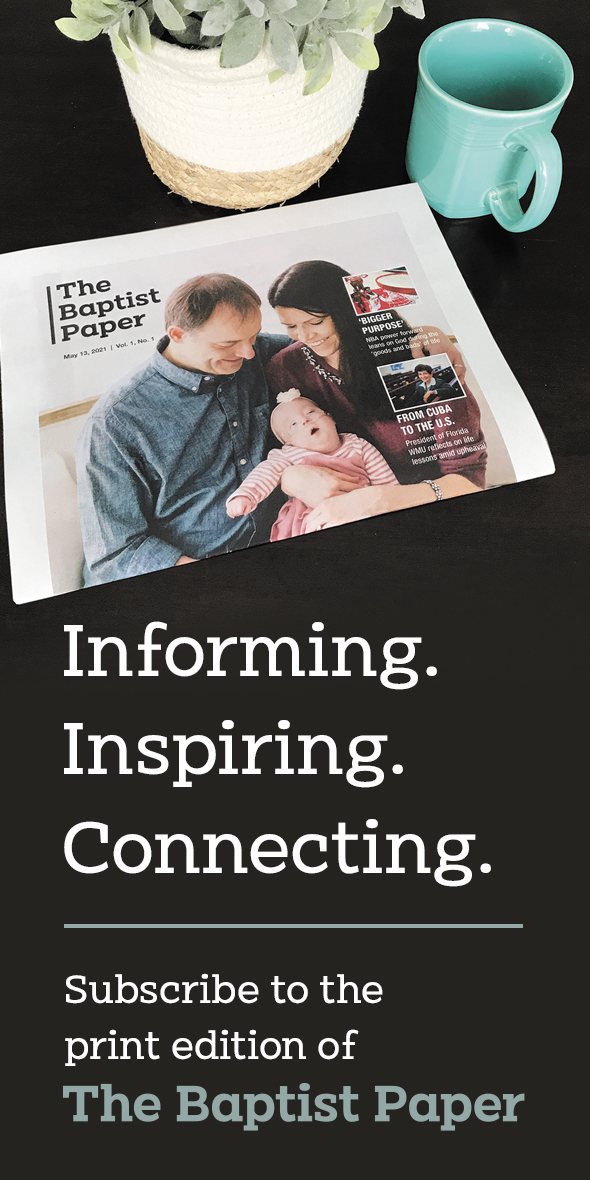As rapid advances in artificial intelligence continue to be developed, the Barna Group has released a new report —“How U.S. Christians Feel About AI & the Church” — based on the results of a survey of 1,500 adults.
The report, released Wednesday (Nov. 8), acknowledges that “When the internet was introduced to the general public in the early 1990s, it was met with a mix of emotions.” While some people were “enthralled” with the technology, others were and still are skeptical. The same attitudes show up around the topic of artificial intelligence.
RELATED: Check out more content on artificial intelligence here.
As AI seems to rapidly permeate all areas of society, the questions come just as fast, “But is AI necessary? Ethical? Helpful? And is it here to stay?”
The study found that “Only around one in 10 U.S. adults say they use AI often, whether personally or for work.” This means most people are still becoming familiar with the technology. The report discovered that 29% of U.S. adults don’t trust AI, while 56% are either “curious” or “fascinated” toward it.
Overall, Christians tend to be more wary of AI than non-Christians, the study found. Of those who are “hopeful AI can do positive things in the world,” 39% are non-Christian while only 29% are Christians. And while 23% of non-Christians believe AI will make life easier, only 17% of Christians believe this.
Only one in five U.S. Christians agree that “AI is good for the Christian church” — 30% strongly disagreed with this statement. Still, 27% stated they “don’t know,” indicating they are in a wait-and-see mode, continuing to assess the value of AI.
Not welcome in my church
When questions of AI use were directed toward a respondent’s specific church, 26% of U.S. Christians said they would be strongly “disappointed to learn their church was using AI.”
Kenny Jahng, founder of AiForChurchLeaders.com and editor-in-chief of ChurchTechToday.com cautions, “Don’t think of AI as a push-button vending machine, where you push one button, out pops a candy, you open the wrapper and you just consume whatever’s given. The more constructive way is to think of AI as a super-intelligent student intern.” Meaning AI-generated results need to be monitored and tailored.
Here, most likely, to stay
The bottom line is that AI technology is advancing and there are positive opportunities for its use in the church, Barna reports, but Christians need to remain “carefully discerning” going forward.










